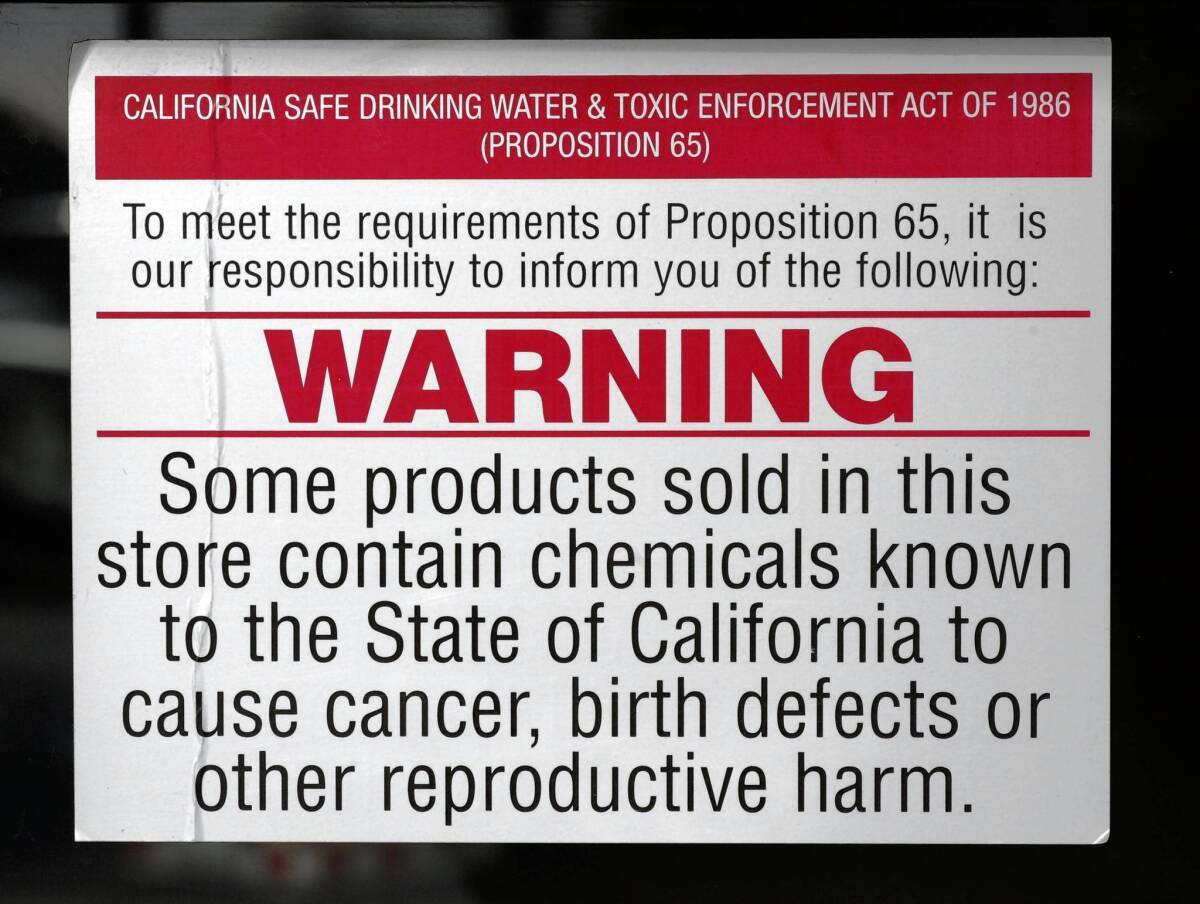Retired athletes to protest workers’ compensation bill

SACRAMENTO — Let the political games begin.
A battle between professional athletes and owners of football, baseball, basketball, hockey and soccer teams starts Monday. Dozens of retired athletes plan a news conference on the steps of the state Capitol to denounce a bill that would make it harder for them to file workers’ compensation claims in California.
The measure, AB 1309 by Assemblyman Henry Perea (D-Fresno), seeks to close what he sees as a legal loophole that allows out-of-state players to file claims for compensation for sports injuries developed from years of pounding in the arena. An Assembly Insurance Committee hearing is set for April 24.
Among those players expected Monday are J.J. Stokes of the National Football League’s San Francisco 49ers, Jacksonville Jaguars and New England Patriots; Ickey Woods of the NFL’s Cincinnati Bengals; and Marty McSorley, who played hockey for half a dozen teams, including the Los Angles Kings and San Jose Sharks.
Opposing the bill are the players and their unions. The legislation interferes with collective bargaining agreements, said NFL Players Assn. Executive Director DeMaurice Smith. Claims filed in California are paid by teams and their insurance companies, not taxpayers, he noted.
Perea counters that out-of-state players are taking advantage of an overly generous California law. “The question as I see it for the Legislature,” he said, “is whether it is fair to burden California’s system with these claims from out-of-state employees.”
Limiting lawsuits
Brett Schoenhals thought he was following the law by putting one of California’s all-too-familiar warnings in the bar of his Coffee Table restaurant in Eagle Rock.
Soon after he posted the sign, “This facility contains chemicals known to the state of California to cause cancer and birth defects or other reproductive harm,” he got a letter from a lawyer saying he was representing an irate patron who wanted to see more warnings.
Invoking the Safe Drinking Water and Toxic Enforcement Act of 1986, or Proposition 65, the lawyer threatened a lawsuit. The restaurant owner was told he faced fines of $2,500 a day for violations.
Infuriated, the Coffee Table owner decided to fight. “I plastered my whole place with signs everywhere,” he said.
Afterward, he confronted the lawyer, who dropped his complaint. But Schoenhals did not stop there. Convinced he and other business owners were too often being extorted, he took his frustrations to Assemblyman Mike Gatto (D-Los Angeles). The lawmaker introduced a bill to help businesses avoid fines for minor violations, if they promptly fix problems, and it is set to get its first legislative committee vote Tuesday.
“The voters passed Proposition 65 to be protected from chemicals that could hurt them,” Gatto said. “They did not intend to create a situation where shakedowns of California’s small business owners would cause them to want to close their doors.”
More to Read
Inside the business of entertainment
The Wide Shot brings you news, analysis and insights on everything from streaming wars to production — and what it all means for the future.
You may occasionally receive promotional content from the Los Angeles Times.











